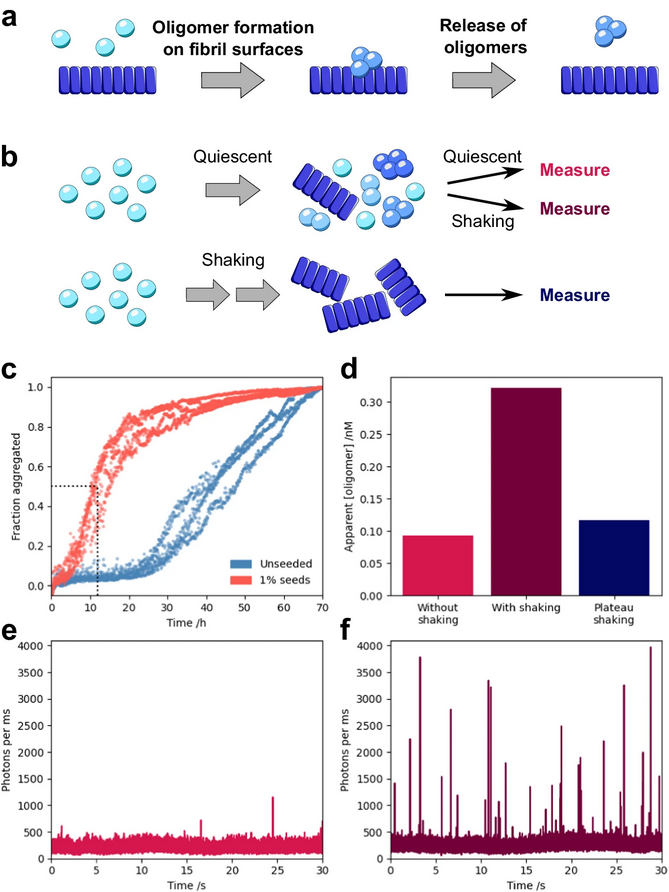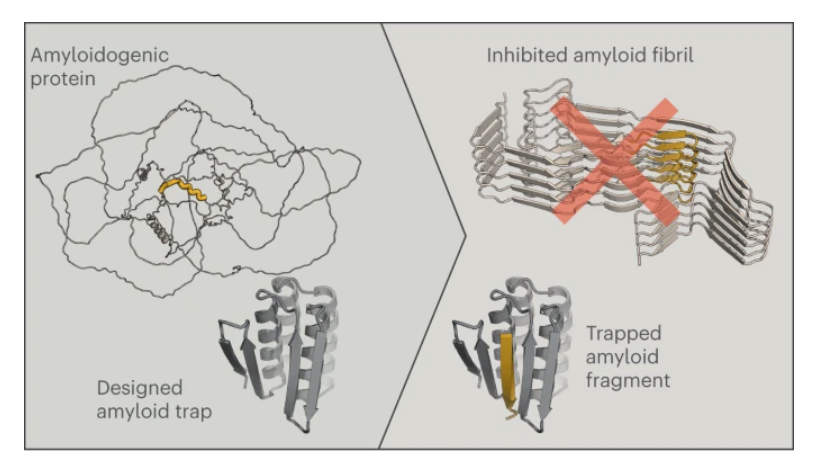
Georg Meisl
@georg_meisl
Biophysicist at the Department of Chemistry, University of Cambridge, using maths to answer fundamental questions in Alzheimer's and related disorders.
ID: 1453340118111166468
27-10-2021 12:38:47
21 Tweet
160 Followers
128 Following
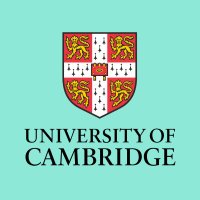
The spread of #AlzheimersDisease has often been described using terms like 'chain reaction'. But a new study from Cambridge Chemistry has found that it spreads very differently – a result that could affect how future treatments are developed: bit.ly/3mo7ePC #Dementia

Check out our new work, science.org/doi/10.1126/sc…, using chemical kinetics to identify the rate-determining process in #AlzheimersDisease, published today in Science Advances. KnowlesLab Cambridge KlenermanLab

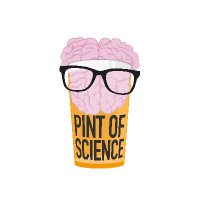

📣 Here comes the next talk of our Tau protein series by Georg Meisl!! 👇 Don’t miss it! Join me and my fellow IDCS organizers Amit Kumar Maura Malpetti Peter Kunach Eduardo Zimmer 🦋 and Rosa Neto, Pedro - from UFRGS Center for Alzheimer Research at KI McGill Research Centre for Studies in Aging and Cambridge University


Georg Meisl, from University of Cambridge, will give a talk on rate-limiting processes in protein self-assembly from the test tube to living systems at MacroStruct23. More info: macrostruct23.de/invited-talks/… Don't miss it⏳! Welcome to register!📝 Georg Meisl Cambridge Chemistry
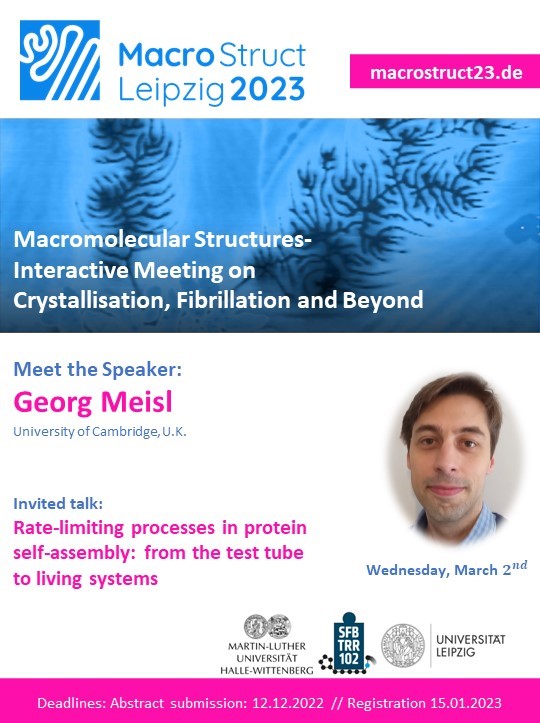
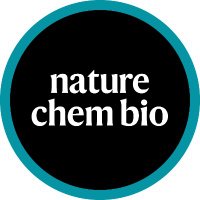

How can we understand neurodegeneration and its potential cures in the context of the biophysics of protein aggregation? I provide a new perspective on this question by framing systems as a battle of aggregation and removal in Biophysics Reviews doi.org/10.1063/5.0180….
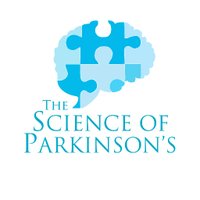
New paper from Catherine Xu KnowlesLab Cambridge & collaborators reports secondary nucleation as not only the key source of a-synuclein oligomers, "but also the main mechanism of aggregate formation"; The process can occur under neutral pH & ionic strength nature.com/articles/s4146…
